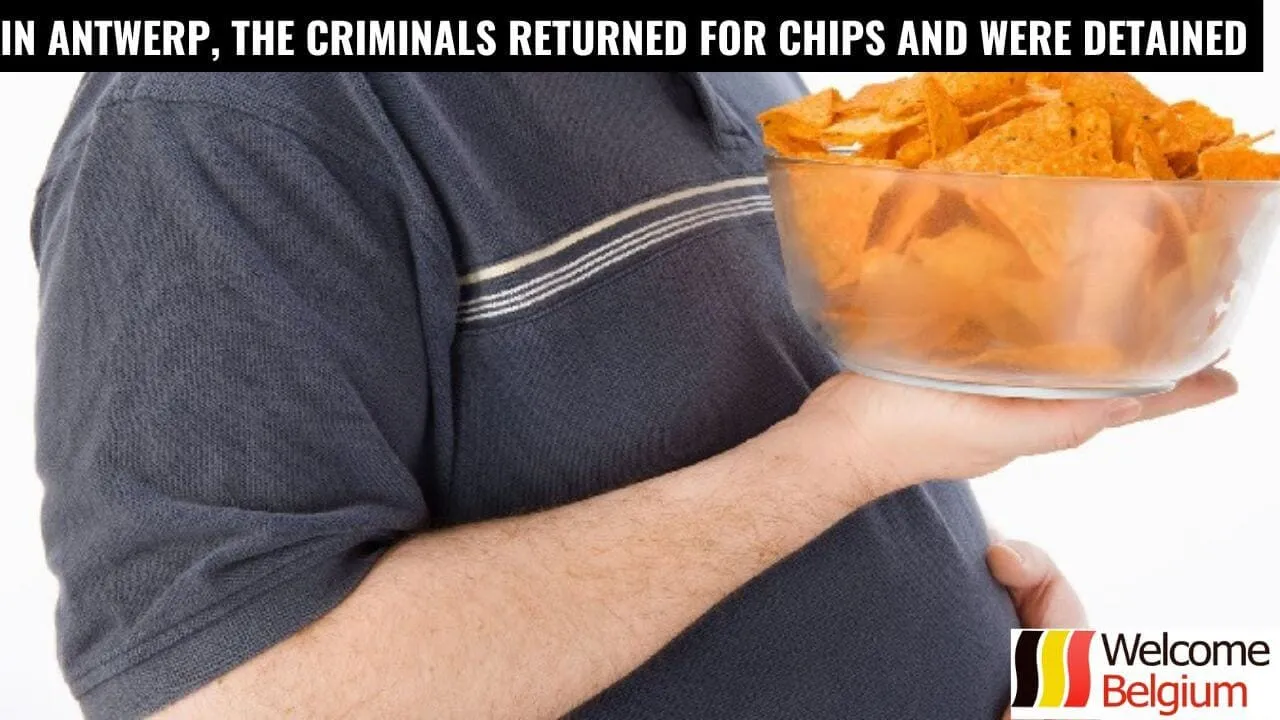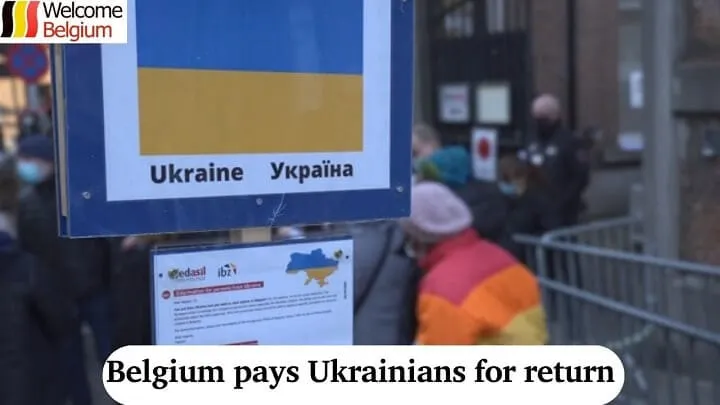One way to get a high-paying job in Belgium is to have your diploma from a foreign university recognized. This is an official procedure available in all EU countries. However, due to the increase in immigration, the number of applications to Belgian authorities has increased, which has increased the time it takes to process recognition.
Increase in applications for recognition of foreign degrees in Flanders
The number of people wishing to have their foreign degree recognised as equivalent to a Flemish one continues to grow and will reach record levels in 2024. Along with residents of the European Union, citizens of non-EU countries are also actively applying. According to the official body Naric-Vlaanderen, which deals with the recognition of foreign study certificates, the number of applications has increased by 75% in the last five years.
While around 5,000 applications were received annually until 2021, this figure has already reached 7,500 in 2023, and over 8,000 applications are expected by 2024. This shows the growing interest of foreign specialists in working in Flanders.
Main reasons for the increase in applications for recognition of diplomas
One of the key growth factors is a significant increase in the number of applications from Ukrainians, whose applications amount to about 1,000 per year. Countries in Africa and Asia also play an important role, with the number of applications growing by 40%. Among African countries, the leaders were Cameroon, with a 191% increase in applications, and Tunisia, where the growth was 67%.
In the Asian region, the largest increases were seen in Lebanon (+142%) and Afghanistan (+108%). These figures demonstrate the desire of migrants from different continents to integrate into Flemish society and the labour market, making the recognition of degrees an important element of their adaptation.
Problems and Solutions: Speeding Up the Verification Process
However, the significant increase in applications has led to longer waiting times. Verification of the equivalence of a foreign diploma takes an average of 200 days, which significantly slows down the integration of specialists. Verification of the level of education (whether master’s or bachelor’s) takes about 80 days. The Flemish Ministry of Education, aware of the importance of quickly attracting skilled workers, has introduced priority consideration of applications from those already in the region and seeking to work in in-demand professions since June 2024. This step will help mitigate the impact on the labor market and speed up the process of employment of highly skilled migrants.




